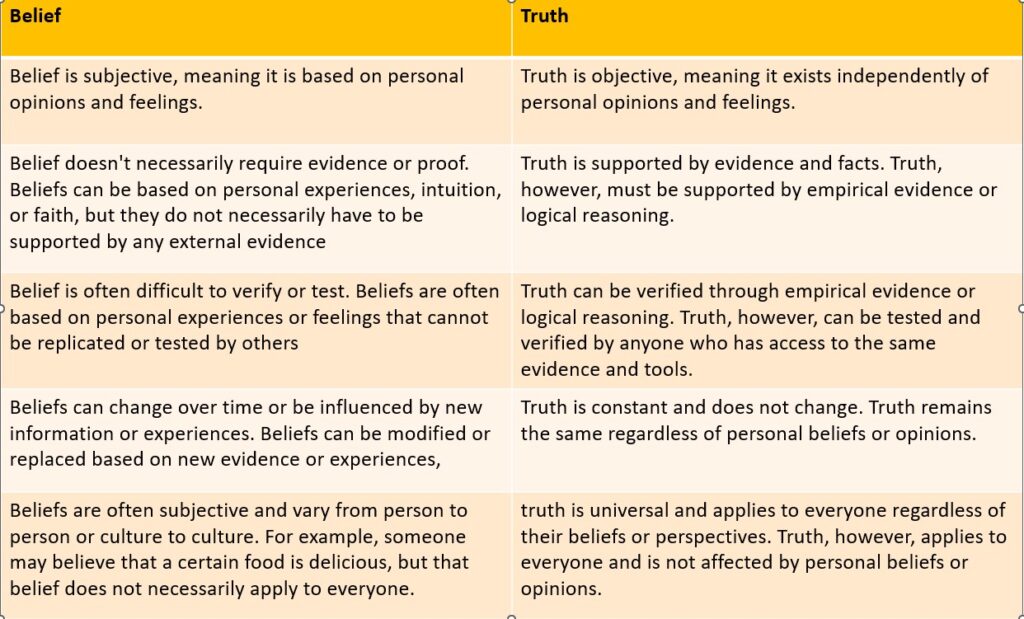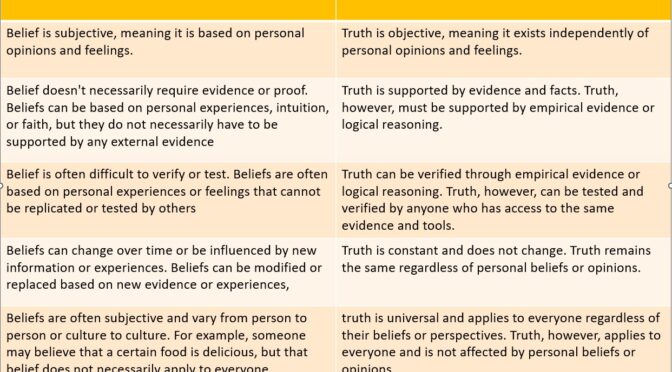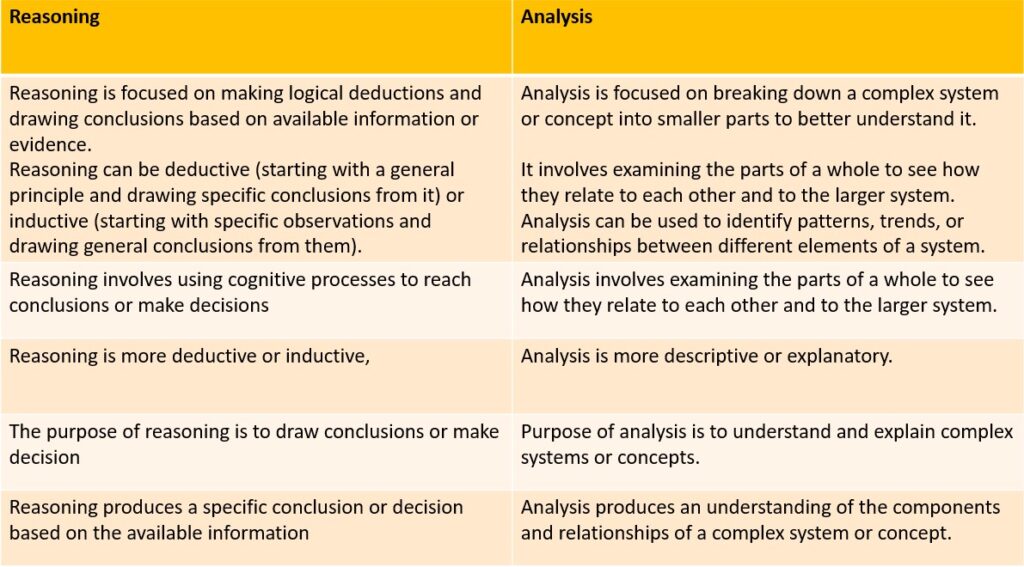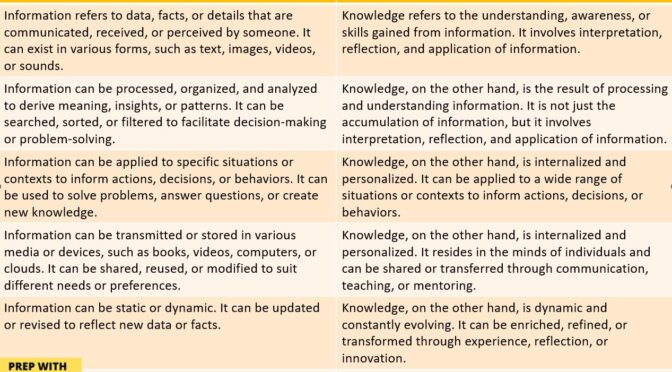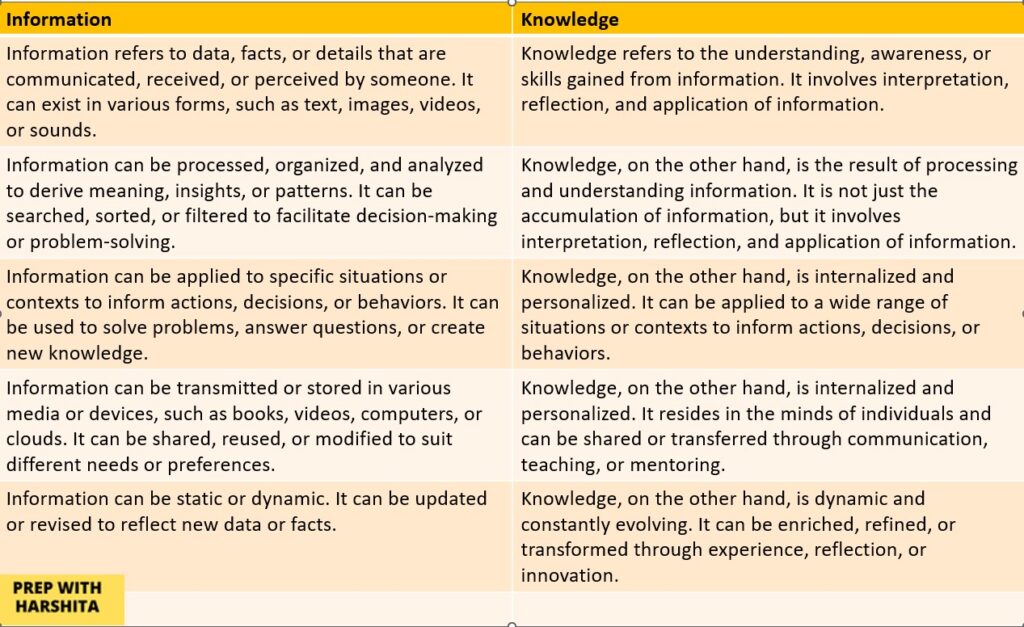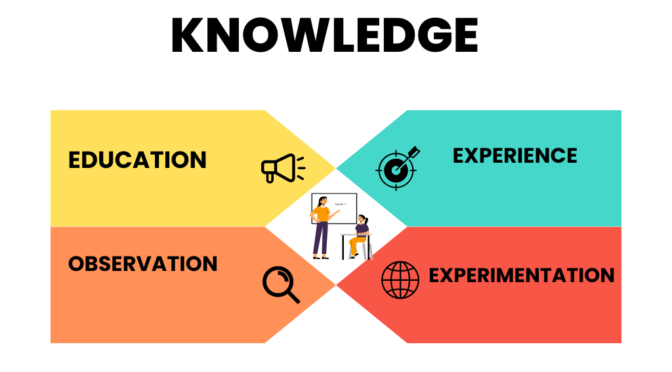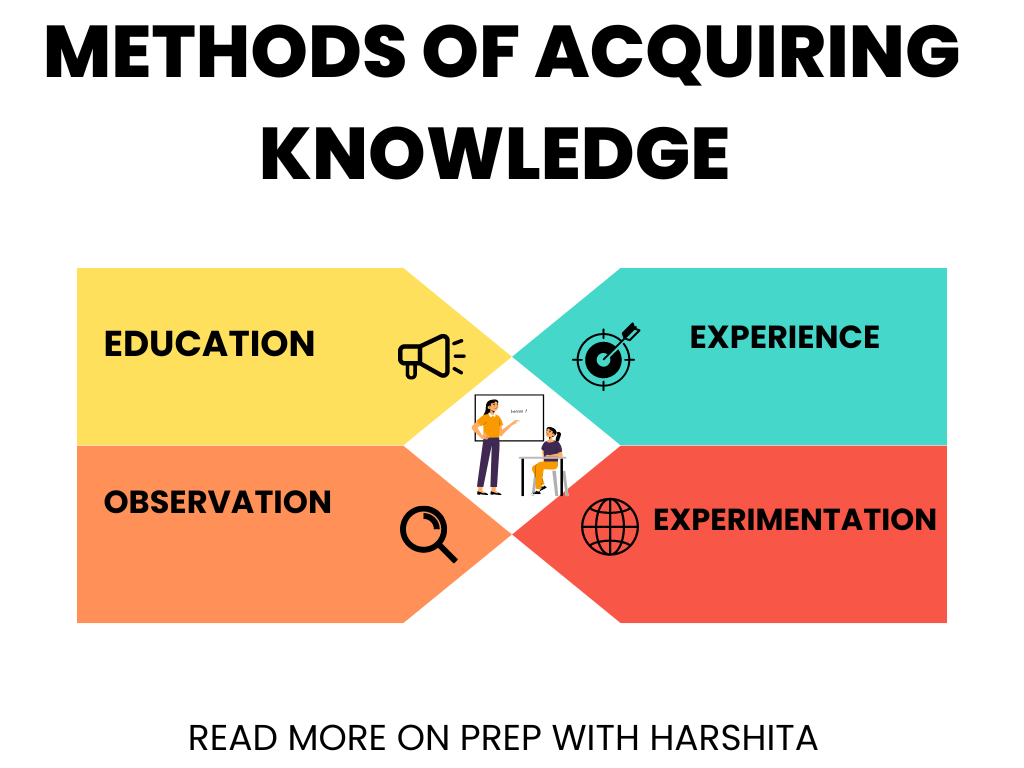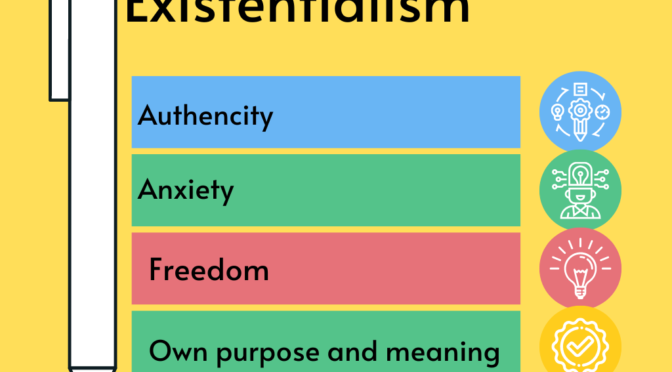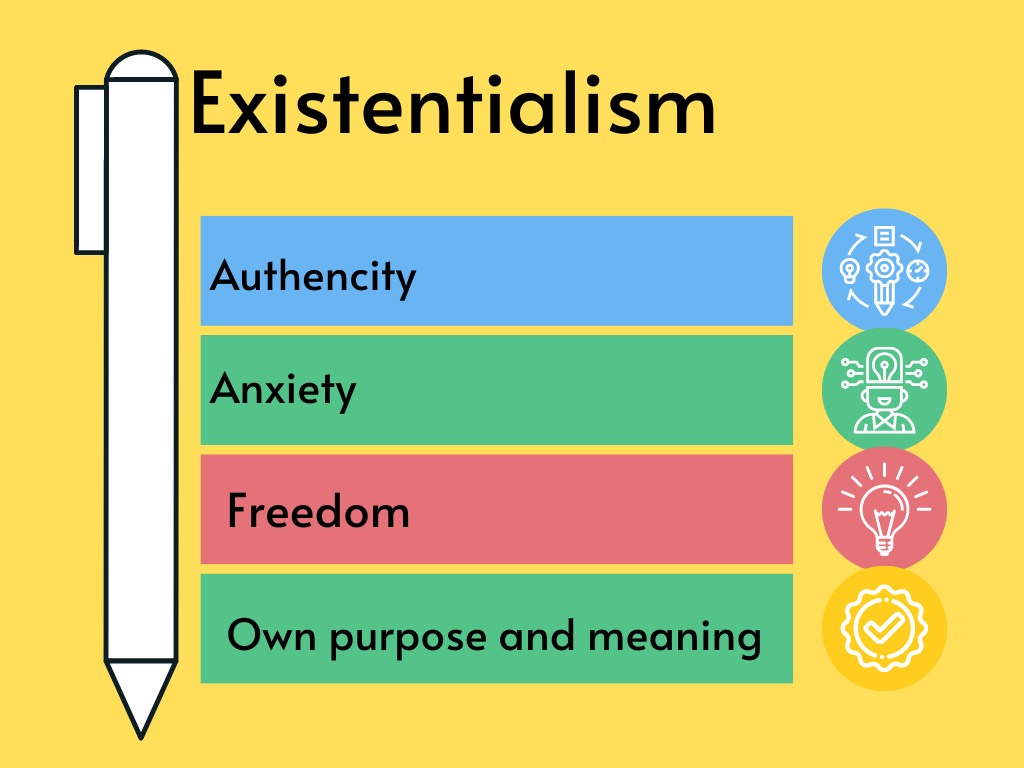Belief and truth are related concepts, but they refer to different things. There is a difference between belief and truth.
Belief is a mental attitude or conviction that something is true or real, without necessarily having proof or evidence to support it. Beliefs can be based on personal experience, intuition, authority, or cultural and religious teachings.
Truth, on the other hand, refers to the actual state of affairs or the way things are. It is independent of personal beliefs or opinions and can be verified through evidence or observation. Truth is objective and universal, meaning that it applies to everyone, regardless of their beliefs or perspectives.
In short, belief is a subjective conviction or acceptance of something as true, while the truth is an objective fact or reality that exists independently of personal beliefs or opinions.
Also Read: Difference between Reasoning and Analysis
